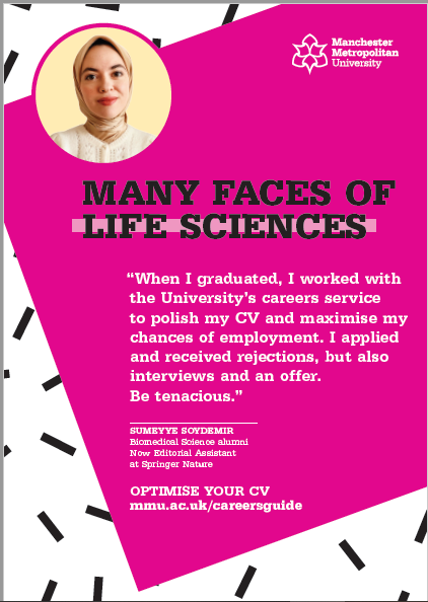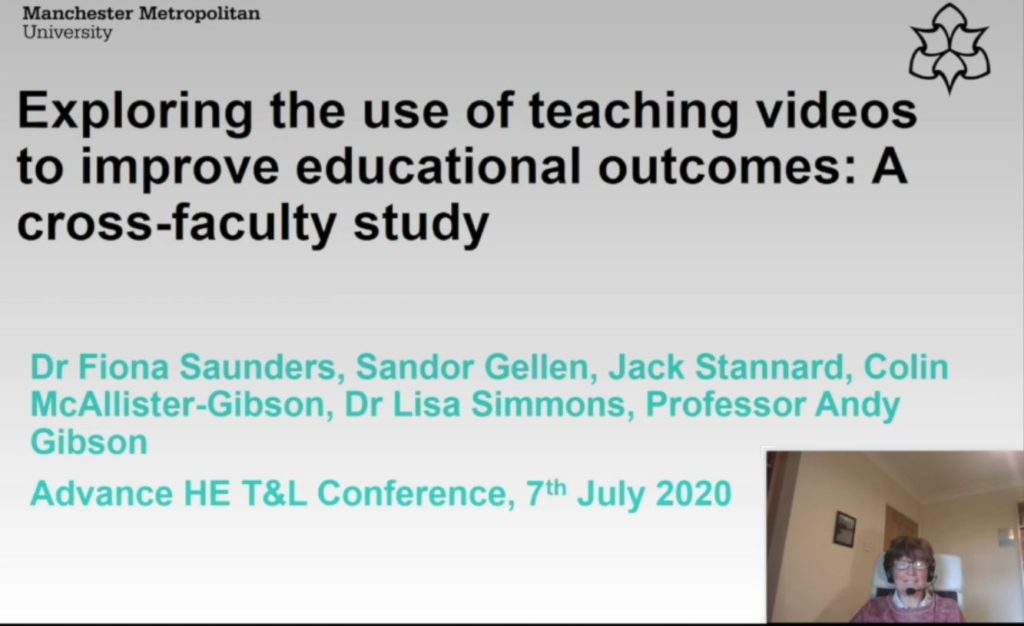My colleague Dr Theresa Nicholson presented this powerful call to action on Decolonising our STEM Curricula at EuroSoTL 2022 last week. For those who weren’t able to attend, or who asked for the slides, you can access them via the link below.
The project drew on student diaries and stories from scholars to develop a compelling argument for decolonising all our curricula in Higher Education.
In the Student Diary Project, Black, Asian and Minority Ethnic
undergraduate student diaries provide powerful, personal perspectives that underpin the need for decolonising. These first year students draw on personal experiences of ‘otherness’ and cultural difference, as well as advocating a range of practical measures. In Stories from Scholars, academic narratives provide an insight into ‘teacher’ perspectives on decolonising. Collectively, these demonstrate an understanding of the transformational value of the process, not only for curricula, but
also for individual students and wider society. There is considerable commonality between these two community narratives, though students seem less aware of the potential benefits of decolonising on their own personal role in future society. Authentic community narratives such as these provide compelling evidence that will
help persuade, engage, and guide academic and learner partnerships in their decolonising activity.
We also developed an easy to use yet comprehensive decolonising toolkit specifically for STEM disciplines, which was co-created with our students, and which is now publically available here https://www.mmu.ac.uk/about-us/professional-services/uta/reducing-awarding-gaps/decolonising-the-curriculum-toolkit





